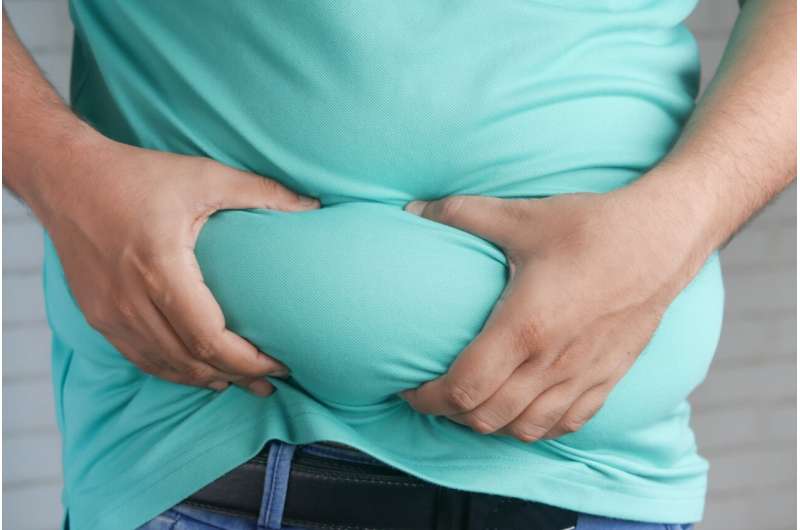Grounding and Sleep: Exploring the Science Behind a Popular TikTok Trend

Discover the science behind grounding, a popular TikTok trend, and its potential to improve sleep and reduce stress. Learn what current research says about this natural practice and how it might benefit your health.
Have you ever experienced a calming sensation while walking barefoot on grass or felt your stress melt away while standing ankle-deep in the ocean? These experiences may be connected to a practice known as "grounding" or "earthing," which involves making direct physical contact with the Earth's surface. Historically, humans naturally engaged in grounding, but with modern advancements such as indoor living, paved sidewalks, roads, and the widespread use of shoes, our direct contact with the Earth has diminished.
Grounding is believed to offer several health benefits, including mood enhancement, stress reduction, and pain relief. However, scientific evidence supporting these claims remains limited and inconclusive.
Interestingly, recent trends, especially on social media platforms like TikTok, focus heavily on grounding technologies. Devices such as grounding sheets, mats, and pillow covers are marketed with promises of improved sleep and overall well-being. But do these products genuinely influence sleep quality, or are they simply the latest viral trend?
Research on grounding's effects on sleep is still emerging. In a 2025 study conducted in Korea, 60 participants were divided into two groups: one used a grounding mat, and the other used a non-grounded, visually identical control mat. Using a double-blind approach, neither the participants nor the researchers knew who was in each group. Over 31 days, sleep data collected via trackers indicated that those using grounding mats slept slightly longer, but improvements in sleep quality, daytime sleepiness, and stress levels were similar across both groups. Notably, reductions in insomnia severity among grounded participants were observed, but since this was also present at the study's start, the true impact remains uncertain.
Another investigation from Taiwan in 2022 focused on patients with Alzheimer's disease. Participants who used grounding mats for 30 minutes, five times a week, experienced enhanced sleep quality. While mood improvements have been suggested by other studies, measures of anxiety and depression did not show significant changes.
Beyond sleep, grounding is also associated with pain and inflammation reduction. A 2019 study found that athletes sleeping on grounding mats after intense exercise reported less soreness and showed lower inflammation markers in their blood compared to ungrounded counterparts. While promising, the long-term effects of grounding on physical fitness and recovery are still under investigation.
Given the current evidence, should you invest in grounding products? Scientific consensus suggests cautious optimism. Grounding devices generally pose minimal risk and may help some individuals, especially those interested in alternative health practices. Prices vary significantly, from around A$30 to over A$300. Alternatively, grounding outdoors by simply walking barefoot on grass or soil remains a free and accessible option. Spending time outdoors has additional benefits, such as exposure to natural light, which can positively influence circadian rhythms, sleep, and mood.
If sleep problems persist or worsen, consulting a healthcare professional is advisable. While grounding offers an intriguing, low-cost strategy, it should complement, not replace, evidence-based sleep interventions.
Ultimately, while research continues, grounding remains a fascinating area of exploration with potential for health benefits worth considering as part of an overall wellness routine.
Stay Updated with Mia's Feed
Get the latest health & wellness insights delivered straight to your inbox.
Related Articles
Experts Warn: Extreme Heat Can Be Life-Threatening for Older Adults
Older adults face increased health risks during extreme heat waves. Learn effective strategies to prevent heat-related illnesses and keep seniors safe in hot conditions.
Menopause and Brain Fog: How Lifestyle Changes Can Support Cognitive Health
Discover how lifestyle medicine—covering sleep, exercise, diet, stress management, and social connection—can help alleviate brain fog during menopause and support cognitive health.
Essential Tips from an ER Physician to Protect Yourself During Hot Summer Days
Stay safe during hot summer days with expert advice on hydration, sun protection, and recognizing signs of heat-related illnesses. Learn how to enjoy outdoor activities without risking your health.



